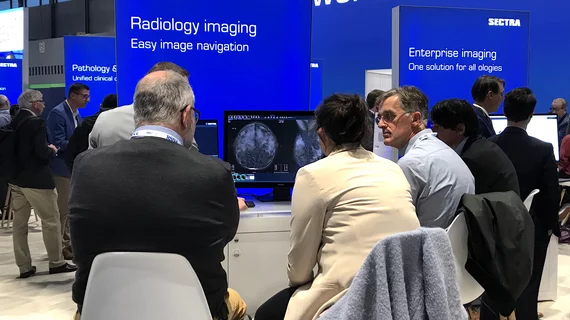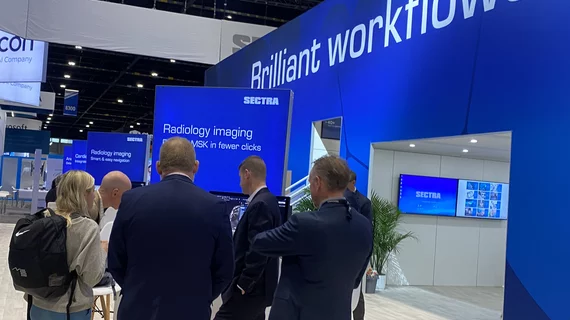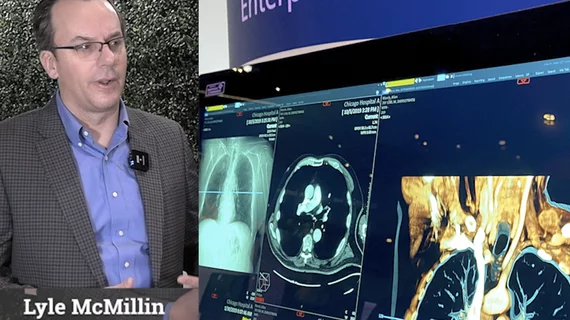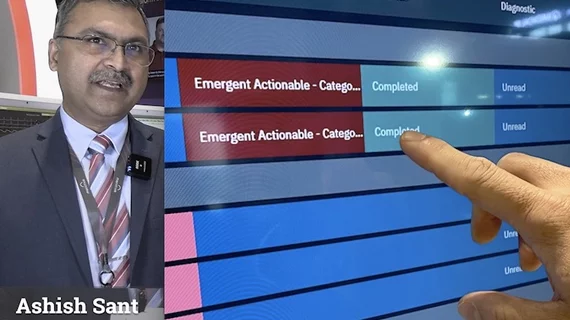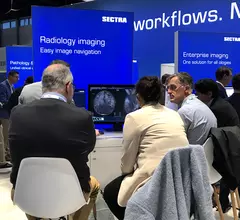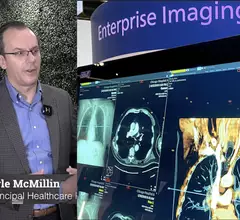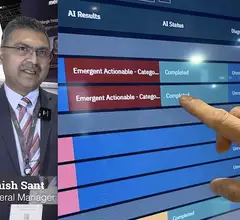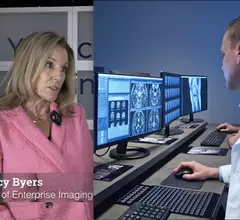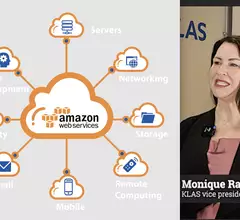Radiology Cloud and Archive Storage
Radiology imaging studies require massive amounts of data storage either in on-premise server farms, or using cloud data storage via an internet connection. There was progress toward cloud adoption prior to the COVID pandemic, but the pandemic made many healthcare institutions realize the benefits of having their data internet accessible for clinicians outside the traditional hospital environment, including mobile computing, remote radiology reading and easier image and data access for referring physicians. Cloud allows the liberation of physical space previously occupied by on-premises servers and the potential cost savings in areas like air conditioning and electrical usage. Cloud also enables the ability to redirect IT staff to more strategic initiatives. Outsourcing data storage can also help alleviate issues with short staff IT departments, and offer better cybersecurity by vendors that have specialized teams monitoring their servers 24-7.
